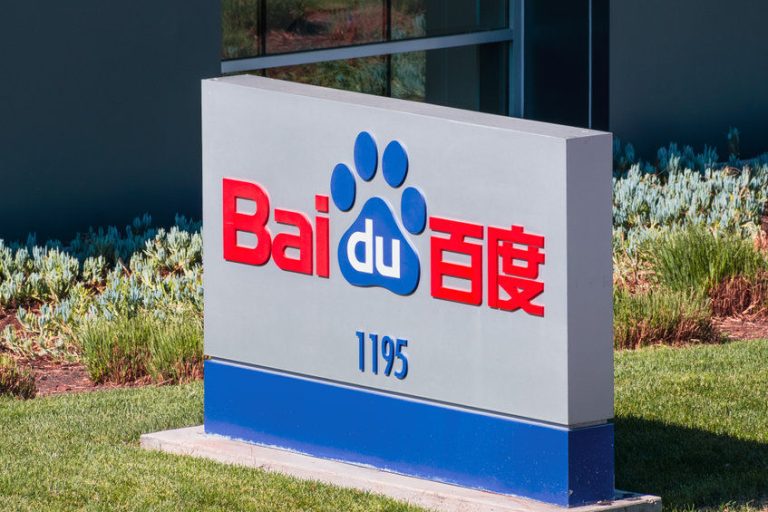The Hang Seng index retreated to its lowest level since September 26 as investors reacted to a new warning from Donald Trump on trade. The index, which tracks some of the top companies in China, retreated to $19,250, down by 17% from its highest level this year.
Trump warns on tariffs
Donald Trump is fully committed to implementing large tariffs on imports, a move that will hit several key countries and Americans.
In a post on Monday, he said that he would add a 25% tariff on all goods made in countries like Canada and Mexico, a move that will lead to retaliation. Tariffs on the two countries will likely go against the USMCA deal that Trump negotiated during his first term.
Trump also warned that tariffs on Chinese companies will be 10% higher than those towards Canada and Mexico.
History shows that tariffs hurt Americans and don’t help to lower the trade deficit. For one, even with high tariffs manufacturing in China is always significantly cheaper than in the US. As such, it is highly unlikely that companies that manufacture in these countries will not move to the United States, where wages have jumped sharply.
Data also shows that the trade deficit between the US and China has jumped since Trump implemented tariffs in the last administration.
Therefore, the Hang Seng index has retreated because of the rising fears of trade wars when Donald Trump is sworn in as the next US president.
Read more: Hang Seng Index braces for key risk: could drop to H$18,556
Chinese stimulus
The Hang Seng index has also come under pressure despite measures by Beijing to support the economy.
On Monday, the People’s Bank of China (PBoC) left interest rates unchanged for the second consecutive meeting. It left the one-year medium-term lending facility at 2%, a move it intends will stimulate borrowing.
China has also unveiled a large stimulus package that it hopes will help to propel the economy in the coming months. Most of the $1.4 trillion will go toward state governments that have struggled since the real estate market collapsed a few years ago.
The challenge, however, is that these stimulus measures will likely not lead to more consumer spending, a core part of the economy.
Top Hang Seng index movers
Baidu, the biggest search engine in China, was the biggest mover as it jumped by 5.65%. The company has done well after it released better-than-expected financial results and pointed to more growth in its robotaxis in the country. Baidu’s revenue dropped to CNY 33.6 billion, while the net income rose by 14%. Its profit margin was up by 23%.
Sands China, a leading gambling company, jumped by 4.26% after it received a buy rating from Jefferies, who believes that the company will do well as Macau’s recovery accelerates.
The other top performers in the Hang Seng index were companies like Alibaba Health Information, Meituan, Alibaba, China Mengniu Dairy, and China Resources Beer.
Meanwhile, companies like Shenzhou International, Xiaomi, WH Group, China Resources Mixed Lifestyle, and Orient Overseas.
Hang Seng index analysis
HSI chart by TradingView
The daily chart shows that the Hang Seng index has been in a strong bear market in the past few weeks. It has dropped from the year-to-date high of H$23,268 to $19,200. The index has moved below the 50-day and 100-day Exponential Moving Averages (EMA).
Also, the Relative Strength Index (RSI) and the MACD indicators have continued falling. It is approaching the 50% Fibonacci Retracement level. Therefore, the index will likely continue falling as sellers target the next key support at H$18,000. This view will become invalidated if it moves above the key resistance point at H$20,000.
The post Hang Seng index analysis: sell the rip as risks rise appeared first on Invezz

